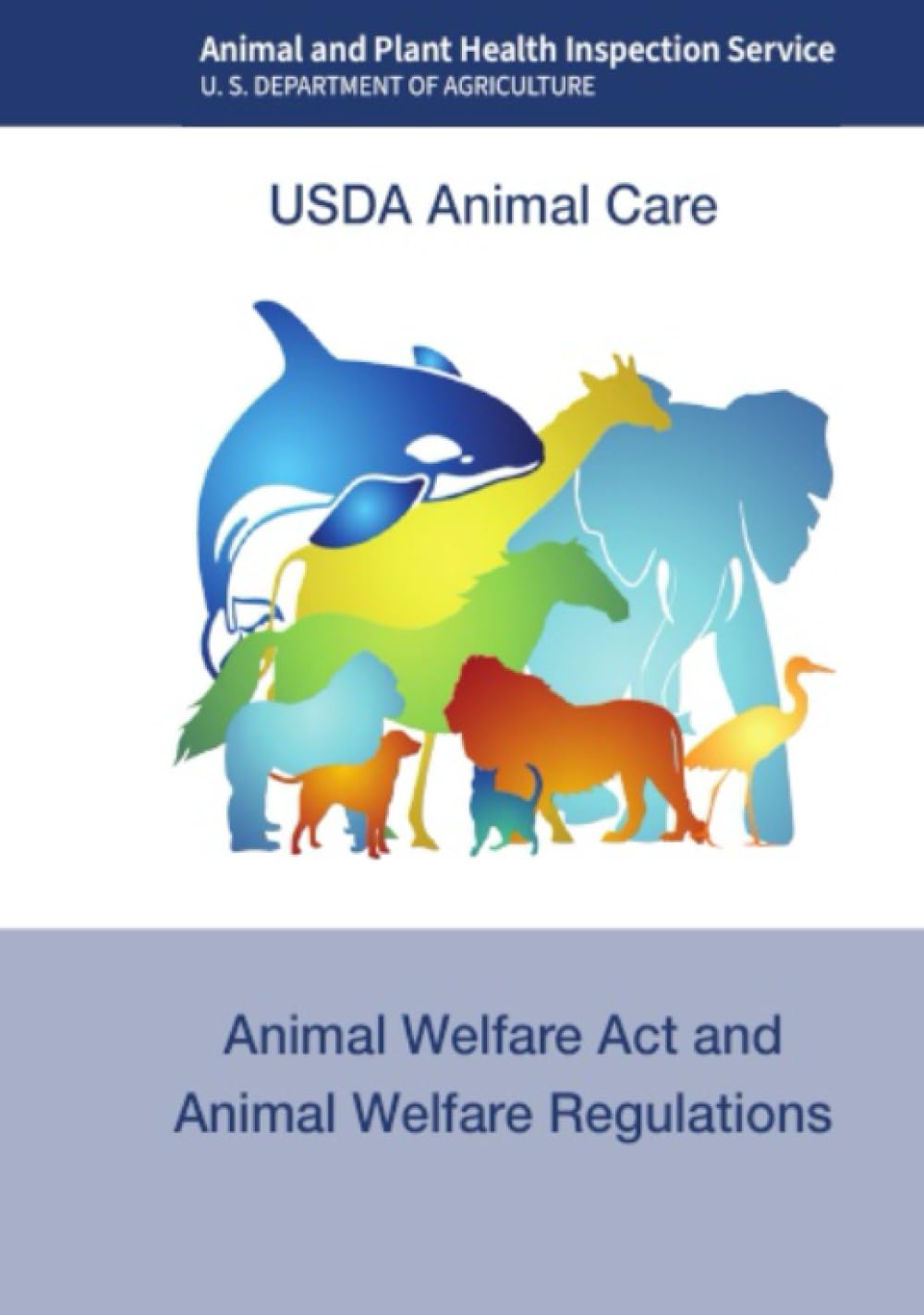In the heart of America, a silent tragedy plays out daily—one that affects millions of sentient beings who cannot voice their suffering. As the concepts of ethics and compassion evolve in conscientious societies, the question arises: Does America need stronger animal welfare laws? This inquiry is not merely academic; it speaks to the foundational values that underpin human-animal relationships and the moral fabric of our society.
At the outset, it is imperative to contextualize the current landscape of animal welfare legislation in the United States. The Animal Welfare Act (AWA), enacted in 1966 and subsequently amended, was pioneering in its recognition of animals as beings deserving of specific protections. However, a careful examination of its provisions reveals significant gaps. The AWA primarily governs the treatment of animals in research facilities, zoos, and commercial breeding operations, largely overlooking the vast majority of animals in informal settings—those in homes, circuses, and even industries such as farming.
This leads us to the core of the debate: the pervasive under-regulation of animal industries. For instance, the farming sector, which encompassed approximately 9.1 billion land animals in 2020 alone, operates under regulations that often fall short of basic humane treatment. The USDA’s oversight is fraught with limitations, particularly regarding the conditions in which animals are raised, transported, and slaughtered. Such conditions often lead to psychological and physical suffering, which raises important ethical questions. Are we, as a society, complicit in this system for the sake of convenience and profit?
Moreover, the legislative framework governing animal welfare is inconsistent across states, leading to a patchwork of laws that vary widely in their stringency. In some states, laws protecting animals are robust—restricting practices like puppy mills and providing guidance on humane treatment. However, in many others, these protections are weak or nonexistent. This juxtaposition begs a fundamental inquiry: Do animals deserve stronger, uniformly applied legal protections that reflect our evolving societal values? The answer appears to be a resounding yes.
Expanding on the necessity for stronger animal welfare laws is the burgeoning data surrounding public opinion. Numerous surveys indicate that a significant majority of Americans support enhanced legal protections for animals. The rise of social media has facilitated awareness of animal cruelty cases, galvanizing public sentiment toward advocacy and reform. Engaging discussions about animal rights and welfare are increasingly prevalent, showcasing a demographic shift where young people, in particular, advocate for more humane treatment across various contexts. This cultural inclination not only demands legislative attention but also suggests a growing acknowledgment of animals as sentient beings deserving ethical consideration.
Considering the moral implications, one must delve deeper into the ethical frameworks that support stronger animal welfare laws. The principles of utilitarianism, which advocate for the greatest good for the greatest number, can be applied to the treatment of animals. If animals are capable of suffering and experiencing fear, then their well-being should be prioritized in our legislative practices. Furthermore, Kantian ethics, which emphasizes the intrinsic value of all sentient beings, posits that exploiting animals for human gain is fundamentally flawed. These philosophical perspectives invite a thoughtful examination of existing laws and challenge lawmakers to redefine the parameters of animal welfare in a manner that respects the intrinsic rights of animals.
Yet, the call for stronger legislation is not without its challenges. Opponents of more stringent laws often argue that such measures would infringe upon personal freedoms and traditional practices. This tension raises pertinent questions about the balance between economic interests and ethical responsibilities. While industries may argue about the economic burden of reforming animal welfare standards, it is vital to recognize the long-term societal costs of neglecting these issues. The importance of a compassionate, ethically sound society cannot be overstated; it is foundational to a society’s identity and credibility.
Furthermore, addressing animal welfare on a broader scale also implies tackling interconnected issues—such as poverty, health, and environmental sustainability. For instance, factory farming not only raises ethical concerns but also contributes to environmental degradation and public health risks. By enacting stronger animal welfare laws, the inevitable ripple effect can lead to improved ecological health and human well-being. Thus, the conversation extends far beyond mere animal rights; it touches upon the very quality of life for all beings inhabiting this planet.
As we contemplate the need for stronger animal welfare laws, it is indispensable to prioritize educational initiatives that inform the public about the significance of compassionate treatment. Programs that promote empathy and understanding of animal sentience can forge a generation of informed citizens who advocate for impactful changes. Legislative change cannot occur in a vacuum; it requires an informed populace that demands accountability from those in power.
In conclusion, the case for stronger animal welfare laws is compelling. It resonates deeply within the context of ethical treatment, public sentiment, and societal responsibility. As America faces intensifying moral inquiries about the treatment of animals, a shift in perspective is not merely desirable; it is necessary. The continuing evolution of animal welfare laws must reflect an unwavering commitment to compassion and justice, ensuring that all sentient beings are treated with the dignity they inherently deserve. Strengthening these laws signals a future where humanity aligns its actions with its values, demonstrating that we stand not just as guardians of the earth, but as stewards of its most vulnerable inhabitants.










